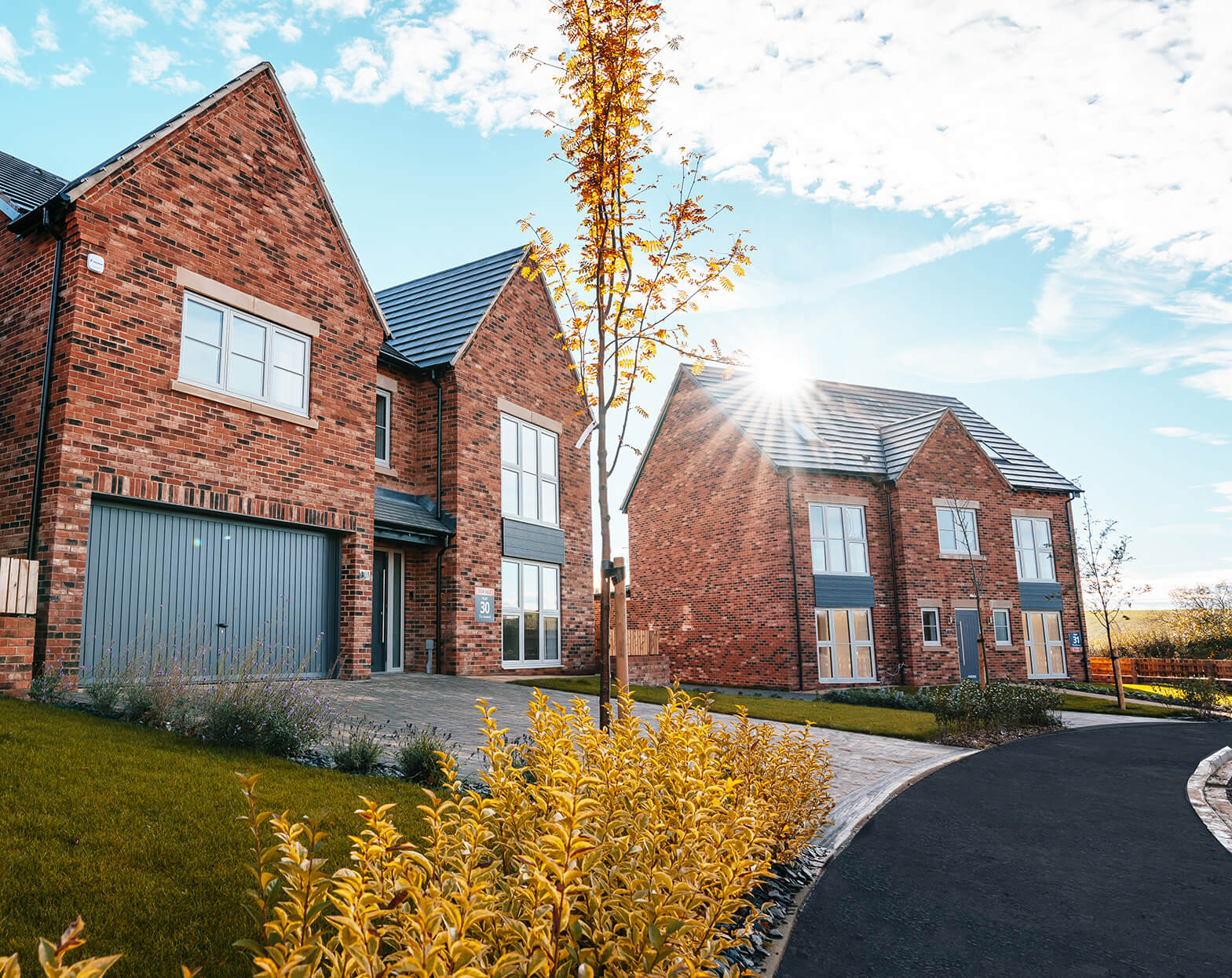What are the risks and benefits of joint venture property investing?
Enabling investors to combine their capital with the industry expertise of property developers, joint venture (JV) property investments involve two or more parties working together to fund and build much-demanded property projects in the UK.
Ultimately structured with the goal of providing positive returns and impact for investor and developer alike, JVs offer a less direct investment avenue into the alternative asset class of property.
Whilst this can be ideal for accredited investors who would prefer a more ‘hands-off’ approach to gaining exposure to property investing, the route does come with a number of risks that every investor should be aware of prior to investment.
The main risks of joint venture property investing
Whilst JV property investments can provide sophisticated investors with a wealth of benefits, these are understandably accompanied with risks. The four broad categories outlined below summarise the essential risk considerations of JV property investing for investors to understand:
1. Loss of capital
As with all investments, the risk of losing capital is always present. This means that investors who are contemplating undertaking JV property investments should be comfortable with the possibility of their investment value depreciating, as well as appreciating.
Personal financial circumstances and previous investing experience will play a large role in determining the capacity to cope with investment losses. This, in addition to the overall credibility of the investment opportunity and the development team behind it, is essential to be familiar with, helping to promote a fair and realistic outlook for the future outcomes of a JV property investment.
2. Lack of liquidity
Due to no secondary market currently existing for the exchange of JV property investment shares, this opportunity can be considered as relatively illiquid.
As a result of capital typically being tied up in the investment for up to two years (with the average payback period for most JVs sitting between 18-24 months), investors would need to assess their personal tolerance for reduced liquidity.
3. Development risk
Unexpected events occurring on a local, national or international scale (including regulatory changes, political uncertainty and global supply chain issues) may result in construction delays, possibly increasing the time taken to complete the JV property development.
Subsequently, a longer duration for completion can adversely impact the internal rate of return (IRR) of the investment and tie up investors’ capital for a longer time period.
This is why being presented with a downside case return scenario, as well as a realistic base case and upside case within the provider’s investment memorandum, is highly important. Accounting for the possibility of unprecedented events, challenges and delays - and putting sufficient planning in place to have the capacity to cope with these - can assist in the operational efficiency of the development, and ultimately reduce the overall risk profile of the investment for the investor.
4. Sales risk
Due to the market forces of demand and supply affecting property sales prices, the final sales value may be higher or lower than initially anticipated in the project’s financial projections.
Furthermore, the prices of inputs, such as labour and raw materials, can also be impacted by levels of market demand and supply. As a result, costs may fluctuate around the original assumed level, as well as sales prices.
Following this, investor returns could increase or decrease according to changes in sales prices and input costs.
The main benefits of joint venture property investing
Whilst a number of investment risks must be considered, joint venture property investing can also provide significant rewards for investors.
1. Indirect exposure to property
Notably, the ability to gain exposure to the desirable alternative asset class of property, whilst not being directly involved with the physical construction, renovation and/or maintenance process, can be highly attractive for experienced investors who would prefer a more ‘hands-off’ opportunity. This can help to minimise the time, personal costs and effort required for property developments undertaken alone via routes such as buy-to-let.
2. Utilising industry expertise
Embarking on a joint venture enables investors to partner with professional property developers, which in turn can mitigate much of the downside risk associated with the investment and potentially improve the chances for success. This may be achieved via certain elements, such as improved experience, expertise and industry knowledge being at hand, potentially making the process run fairly smoother.
3. Portfolio diversification
Due to JV property investments existing across a range of tenures and geographies - from regional residential developments to large scale commercial developments - this form of property investment can contribute to an effectively diversified portfolio when adopted alongside a balanced library of alternative assets. Ultimately, this can contribute towards reducing overall portfolio volatility and investment risk via the calculated distribution of capital.
4. Potential for considerable returns
JV property investing has the potential to provide investors with significant returns when compared with many traditional routes, largely due to the lack of added costs and the high demand for property developments (in particular residential) in the UK amid the current housing crisis.
In turn, for some investors this can compensate for the often higher risk levels that accredited investors undertake in ventures such as JV property investments. It should be noted that more considerable financial returns are likely to be crucial in maintaining portfolio value during current times of high inflation, with the UK CPI rate reaching 9.9% as of August 2022.
Should I invest in a property JV?
Ultimately, joint venture property investments undoubtedly have the potential to provide significant rewards for investors keen to target considerable returns, invest in property without the burden of additional cost and regulation, and diversify their portfolio against an increasingly fluctuating economic landscape. Though, it is crucial that investors consider the potential risks in an equally balanced manner.
Investors researching JV property investment opportunities should conduct thorough due diligence, as with any investment, to ensure all key information is provided and clearly understood. To help with this, considering 12 key questions regarding JV property investing could formulate a clearer outline of how to approach this form of investment.
You can find out more about our current property investment opportunities here and the way GCV approach identifying and structuring investments.
%20(3)%20(2).jpg)








